
Rewilding baselines
wildE will identify factors that make rewilding attempts more likely to be successful by developing a framework for climate-smart rewilding and using European-wide data to identify rewilding opportunities. This work will provide a baseline of information that will inform all of the wildE project’s work.
To produce these baselines, the wildE team will:
Develop a quantitative framework for climate-smart rewilding with co-benefits for climate change mitigation, adaptation and biodiversity support
Systematically assess the extent and patterns of past agricultural land abandonment across Europe
Develop climate-smart indicators of rewilding dynamics and map these across Europe
Quantify ecosystem level outcomes under rewilding and the environmental, ecological and human drivers shaping them
Survey and quantitatively analyse the societal perceptions of, and demands towards, rewilding
Outcomes from this work will include maps of agricultural land abandonment and de-intensification trajectories in semi-natural land across Europe, descriptions of climate-smart rewilding indicators, a major report on the remote-sensing-based results and a “map” of societal perceptions of rewilding across Europe.
Partners involved.
-

Martin-Luther-Universität Halle-Wittenberg
-

Humboldt University of Berlin
-

INRAE
-
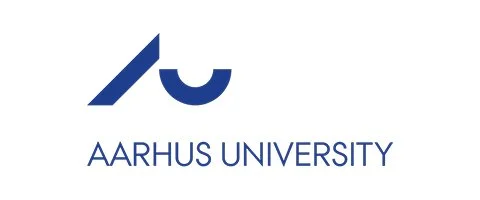
Aarhus University
-

Wageningen University
-

University of Copenhagen
-

KNAW
-

CREAF
-

European Forest Institute
-

Lund University
-

Biopolis
-

SAS - Institute of Forest Ecology
-
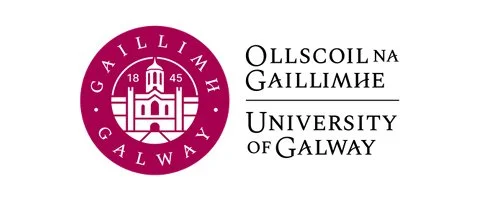
University of Galway
Meet the team.
-

Henrique Miguel Pereira
Project lead for rewilding baselines. Henrique Pereira is an expert on global biodiversity change. . Since 2013, he is the Professor of Biodiversity Conservation at iDiv - German Center for Integrative Biodiversity Research of the Martin Luther University Halle-Wittenberg and Invited Professor at InBio, Universidade do Porto (Portugal). In wildE, he is leading Work package 1 on the development of a conceptual framework for climate-smart rewilding
-

Georg Winkel
Project co-lead for rewilding baselines.
-
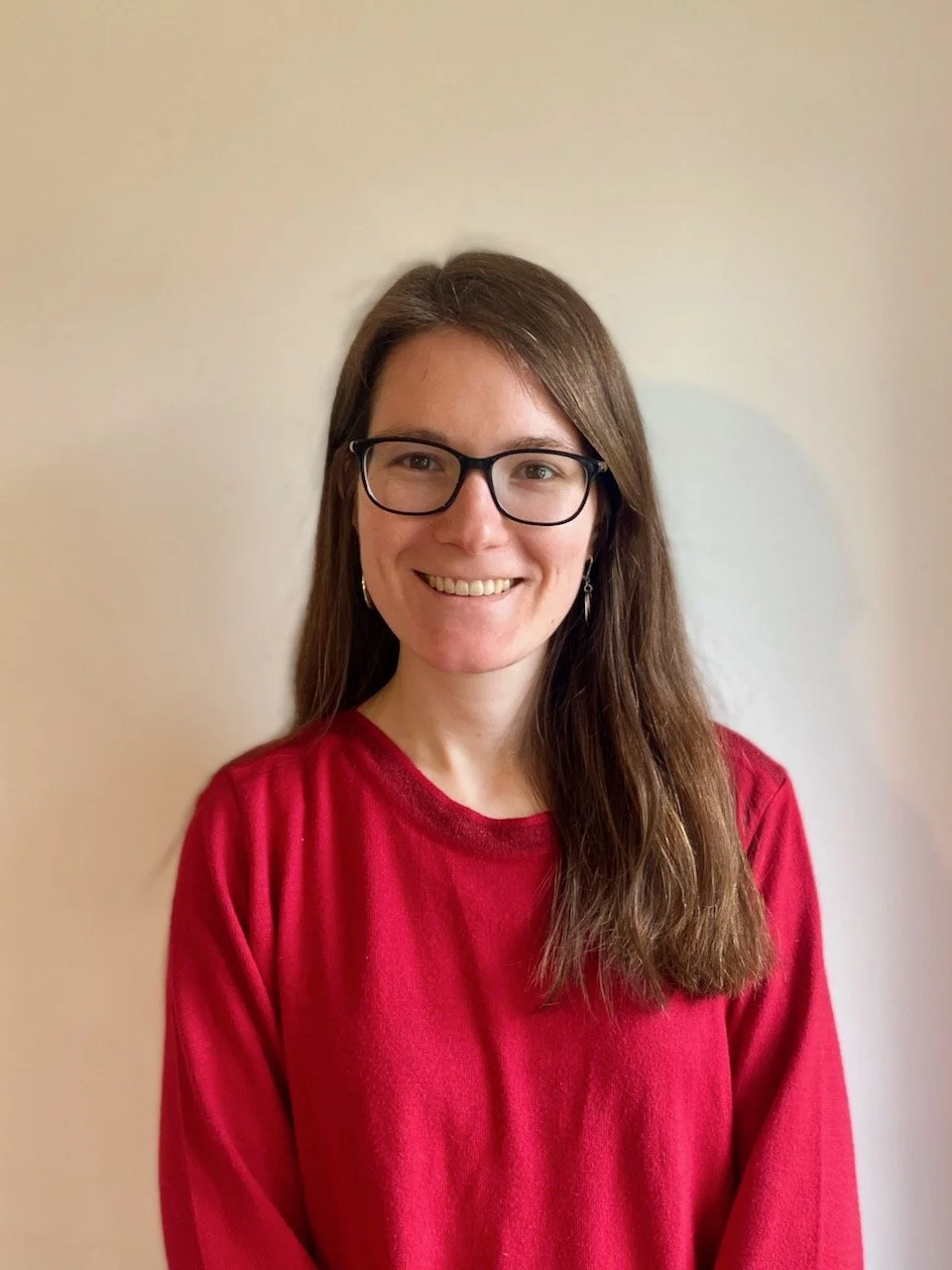
Magali Weissgerber
A Junior researcher in environmental geography, in wildE Magali is developing climate-smart indicators of rewilding dynamics and mapping these across Europe.
-
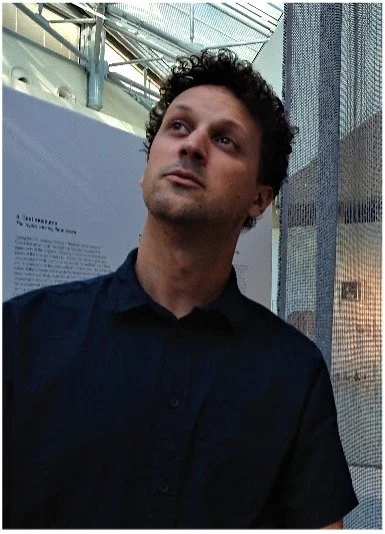
Gavin Stark
Post-doc focusing on ecological restoration for climate change mitigation, adaptation and biodiversity enhancement in Europe.
Discover more.
-
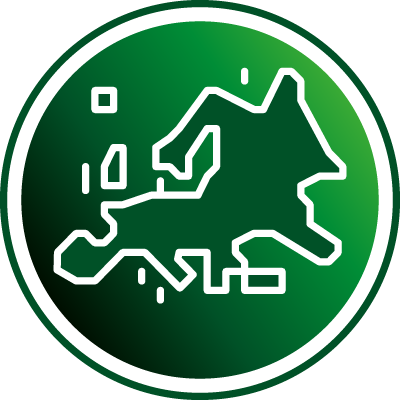
Rewilding practice
Working with stakeholders at eight carefully selected rewilding sites across Europe to gather first-hand information on how rewilding solutions can effectively support nature and people whilst being economically viable.
-

Rewilding futures
Using advanced modeling techniques and rewilding scenarios to better understand how environmental and societal changes in the future might affect the potential for rewilding in Europe.
-

Rewilding synthesis
Bringing together the new research and lessons from wildE to produce practical outputs and tools. These include: guidelines, policy recommendations and online tools.
-

Rewilding dialogue
Ensuring there is effective two-way dialogue with key rewilding stakeholders. This includes engaging local stakeholders at eight rewilding sites and working with key scientific and policy stakeholders.

